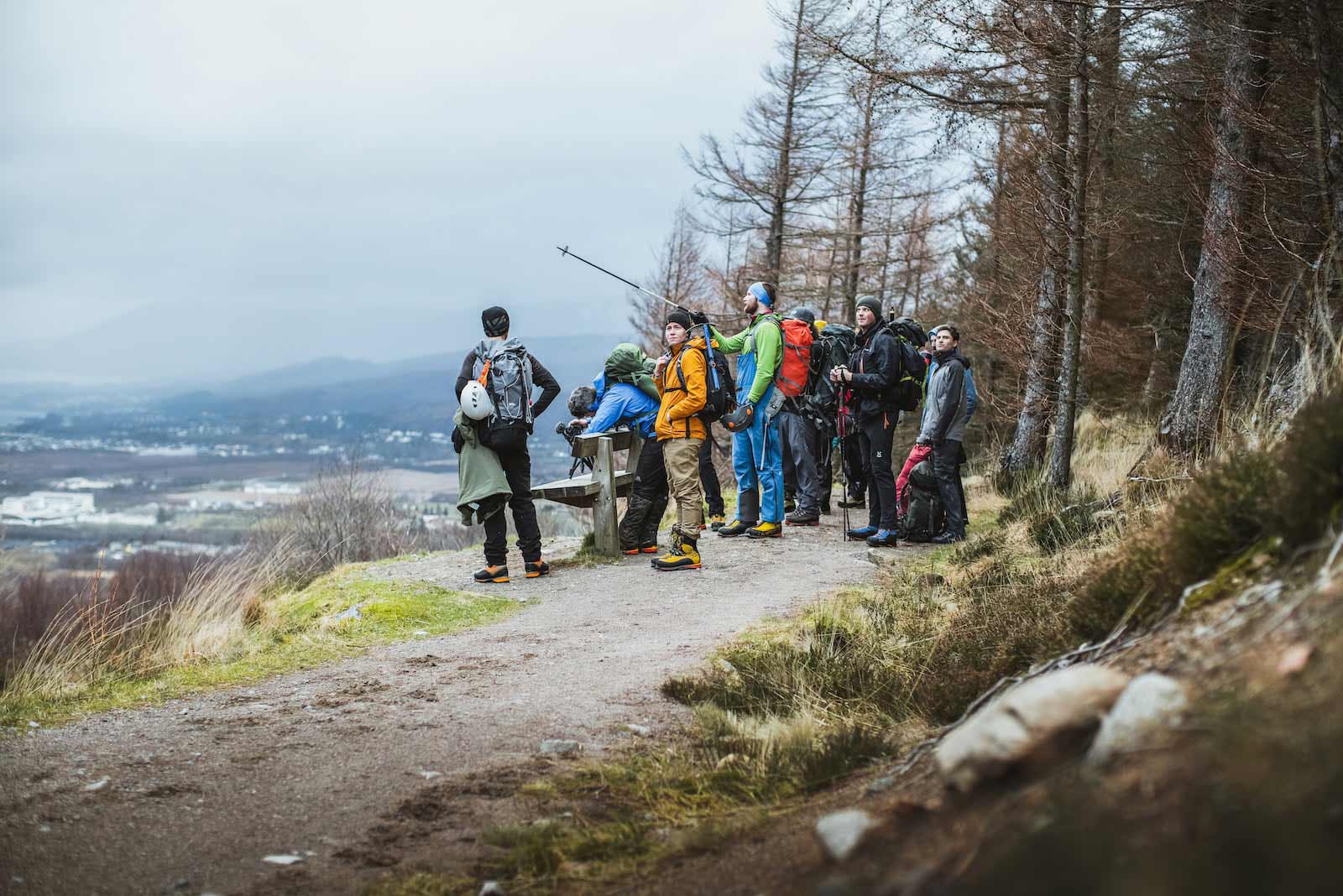
We’ve all heard horror stories about the things unscrupulous visitors do to our beloved wild places, from littering to disturbing wildlife to carving chunks out of the landscape. In recent months, lockdown seems to have exacerbated this behaviour.
Some think this calls for tighter controls over who is allowed to access these places. At Call to Adventure we disagree: we believe that, with greater engagement and education, we can truly make wild places special for everyone.
Let’s picture two stereotypes. The first person is clad head to toe in Gore-Tex, festooned with walking poles, and a waterproof map hanging around their neck. They’re clambering up hills every weekend, can recite all the symbols on the OS map with ease, and resent seeing other people on ‘their’ mountain.
Other people are littering ignoramuses, spoiling the wilderness with their mere presence. And they happily moan about this in various hill walking club meetings. We’ll call this stereotype ‘Gore-Tex Graham’.
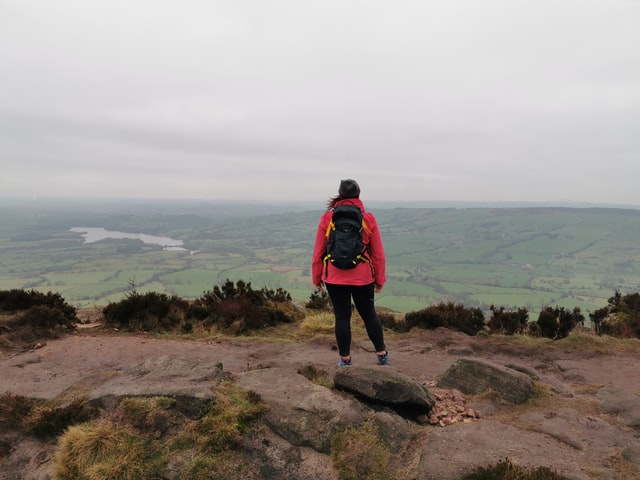
The second stereotype is who Gore-Tex Graham detests. They live in the city, thrive off takeaway coffee and ready meals, and only venture into the ‘great outdoors’ on rare occasions.
When they do, they happily discard litter over the fells, pose for a few selfies with their 30-strong group, and talk loudly about how bad the data reception is. They are ‘Oblivious Day Tripper’.
So which of these stereotypes belongs in the great outdoors?
Gore-Tex Graham certainly has more experience and likely takes better care when visiting, which may contribute to his sense of entitlement. He wants to keep these places pristine so he and ‘his lot’ can enjoy them in perpetuity, and this means the fewer people the better.
Oblivious Day Tripper resents this and has their own brand of entitlement: the right to visit these places and treat them as they please - even if that involves littering, erosion, and any number of other outdoor sins. Should they be banned from the wild? Should such places only be open to those who ‘belong’ there?
In reality, these are not really the right questions to ask. As we know, stereotypes are a dangerous game and very few people fall neatly into either of these two categories - and if they do, they are under no obligation to stay there.
Of course, wild places should be treated respectfully, but this does not happen through an outright ban of certain groups, and such measures have proven to be counter-productive in the past. Through education and exposure, we can help people break free of these typecasts and transition to become more respectful and inclusive.
But then there is the seemingly inescapable issue of overcrowding. This has also become a bigger problem during lockdown as other attractions close their doors. However, there’s an easy solution to avoid the crowds: just go somewhere else.
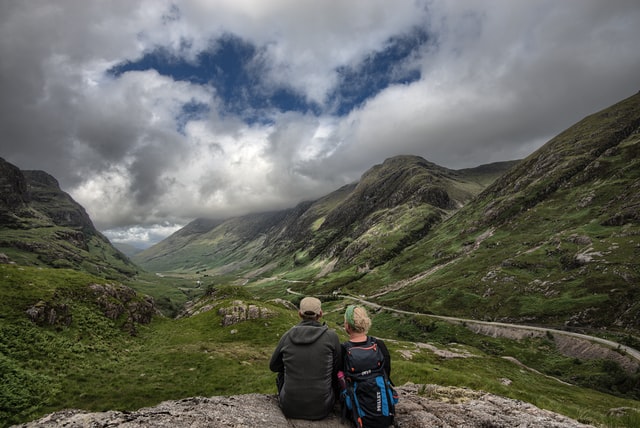
We have no shortage of the great outdoors in the UK, much of it off the tourist trail. People that bemoan the crowds often fail to realise they are part of the crowd themself - but they are no longer part of the problem if they seek out somewhere less trodden.
Keep in mind that what works for one person might not work for another. Many adventurers enjoy being outdoors for outdoors’ sake, enjoying the scenery and the wildlife. Others, however, might get a kick from a more personal challenge: scaling a mountain, or flashing that new climbing route.
There are plenty of other reasons why people seek the outdoors too. No reason is more ‘worthy’ than any others, as long as they are all equally mindful of their wider impact.
You have probably heard of the Three Peaks Challenge - you might even have done it yourself. In short, it involves climbing the highest peaks of England, Scotland and Wales all within twenty-four hours. This naturally involves a lot of driving, a lot of rushing, and potentially little time for actual appreciation.
It’s not an especially hardcore challenge and attracts lots of different people, including those that might not have spent much time in the mountains before.
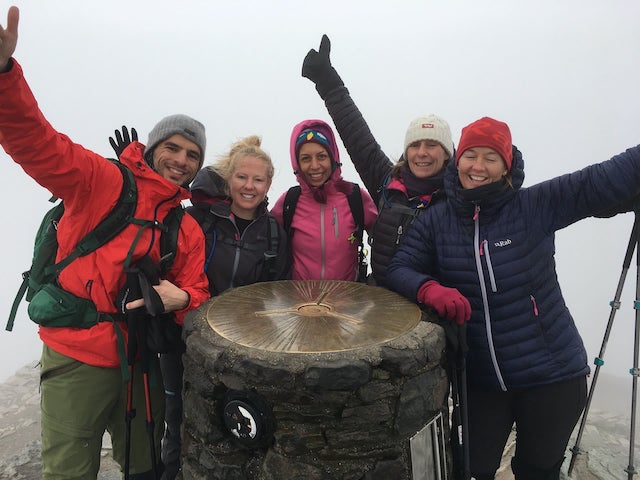
Some people begrudge this challenge, saying that it encourages bad behaviour: careless littering, large groups clogging up the trail, and disturbance of local residents during the night, to name a few.
But, only a small proportion of those found up the three peaks in question (Ben Nevis, Scafell Pike and Snowdon) are actually doing the challenge - less than 5%, by some calculations. And even then, the majority of these people are perfectly respectful (and not to mention are frequently raising money for charity), but have their reputation tarnished by those that aren’t.
It’s a classic case of a few bad apples spoiling it for everybody.
We firmly believe that everyone should not only be able to access wild places but should also be actively encouraged to. The separation between us and the natural world has never seemed wider, and this has all kinds of ramifications for health and wellbeing, not to mention the broader societal and environmental implications. We should be aiming to close that gap, and that means everyone is invited.
We fully appreciate that encouraging more people into the outdoors comes at a cost. But it also brings with it a more significant gain - more advocates for the places we love. We’re facing an unprecedented environmental challenge and we need all the voices we can get.
We do believe there is a right way and a wrong way to go about adventuring. We always stick to small groups, and use our trips as an opportunity to educate people about the places they are visiting. By getting them passionate about nature, they are far less likely to mistreat it - and will hopefully become champions for its preservation.
That’s why we stick to the ‘Leave No Trace’ principles: we teach our community to do things like keep to the path whenever possible, to close all gates behind them, not to have open fires, and to use proper footwear. We even actively encourage people to pick up litter along the way, to bring a net improvement to our visit.
Our guides are highly experienced but we also send them things like the BMC's Green Guide to the Uplands to ensure sustainable adventure is top of mind.
So, what’s next to tackle these problems? As an ex-Prime Minister said in a rather different context: “Education, education, education.” There are plenty of examples of educational campaigns leading to more responsible behaviour.
Look, the reason why you and I don’t litter isn’t because we have some genetic variation meaning only we appreciate nature, we just know better. We’ve been taught to value the outdoors, and it’s our job to share that with others.
Recently, a new campaign has launched in the UK to tackle the upsurge in waste in parks during lockdown. We believe that education and exposure to natural environments is by far the best way to get people to care about them, and that premise is at the heart of what we do.
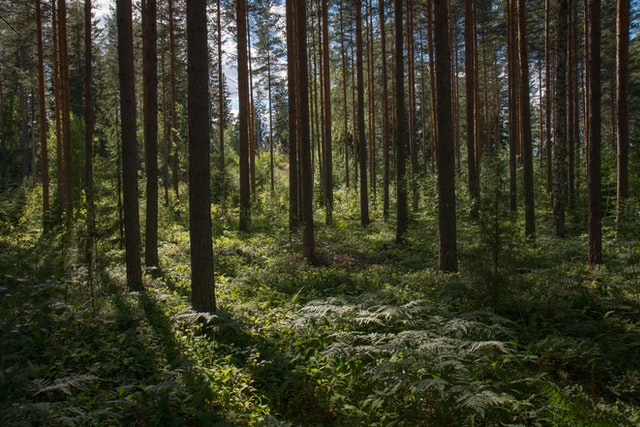
While we love fulfilling this on a small scale through our own trips and publishing articles like this, for structural change things need to go further. As a society we have weakened our connection to the natural world, a phenomenon often called Nature-Deficit Disorder.
The problem is not that more people are getting out into the outdoors. That’s brilliant. The problem is the minority who don’t treat nature with the respect it deserves. And the answer to that is not to discourage people from getting out. It’s to ensure that we do our bit to educate them on why caring for wild places is important and how they can do it.
By bringing the outdoors into our schools, our gardens, our holidays, our way of life, we can expose people to the wonders of the natural world. There is plenty for everyone to enjoy, if only we treat it right.
What's your take on it?